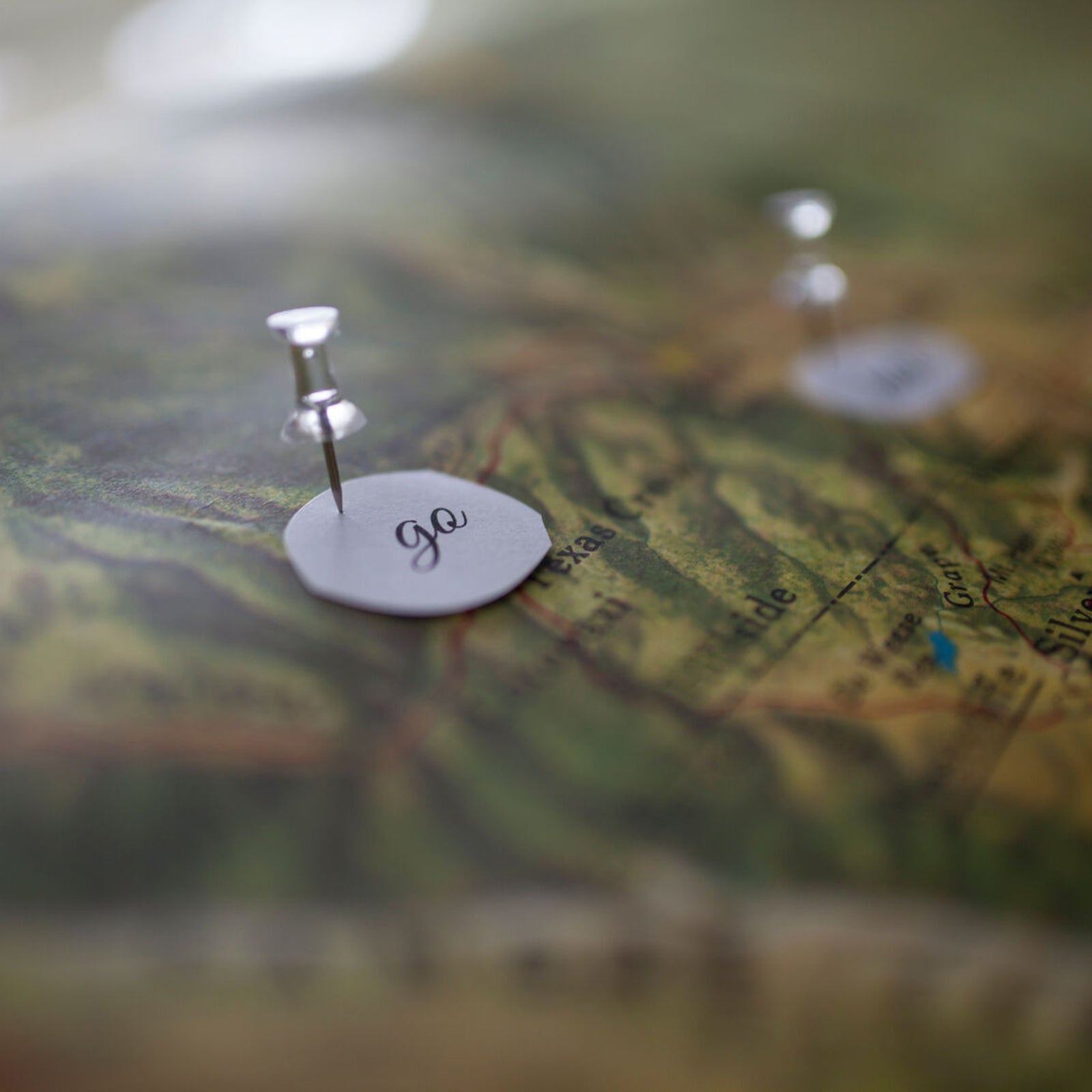In the past three years, I’ve visited Palestine, Cuba, and Mexico (five times), and I’m currently living in Medellín, Colombia. Each time I told friends and family I was headed off to visit these countries, I heard the same set of questions: Is that safe? Aren’t you scared? Didn’t (insert bad thing from recent New York Times headline here)��just happen?
Most of us probably already know, at least logically, that we are far more likely to get injured crossing the street in our hometowns than we are to end up in international headlines as the tourist victim of some heinous crime or disaster. Yet that can be hard to remember when we’re planning trips, reading the news, and hearing the concern in loved ones’ voices. Pending where we intend to go, there are sometimes real risks to consider, from seasonal disasters like hurricanes to political upheaval and violent protests. But how do we know when the news is played up for the clickbait��and when it’s a warning that should be heeded? That’s a hard question to answer. So I asked Phil Sylvester, director of communications for the adventure travel insurance company , for some guidelines.
Reference a Map
When five people were killed and five others injured in a nighclub shooting , Sylvester dug into the details to determine whether travelers were at risk. The first thing he did was find the club on a map. “All the headlines were, ‘Gang Shootout in Holiday Hot Spot in Cancún,’ but they were actually three to four miles away from the hotels, in a dodgy area of downtown where tourists have no reason to go,” Sylvester said. Oftentimes��we associate these incidents with the destination as a whole, when that kind of logic doesn’t make sense. To keep things in perspective: the same could be said for many places in the U.S. that see comparable crime rates, but those reports rarely��deter tourists from visiting other parts of the country. So look at a map to determine where you’re��heading in relation to the any recently reported danger and its geographical scope. A one-off event in a shady neighborhood��may not warrant a cancelled trip, though a��citywide demonstration��might.
Ask a Local
Sylvester also suggests checking with��a local for information. Say you’re planning to visit��Indonesia��and a typhoon rips through a few weeks before your flight. Headlines might make it sound like everything is either destroyed, shut down, or temporarily closed for business. That doesn’t necessarily mean you shouldn’t go. First call the hotel where you’re planning to stay, or reach out to your Airbnb host and ask for details about the situation. Better yet, find someone unaffiliated with a business—a writer, an artist, or a friend of a friend based there��who can shed light on what the circumstances are��actually like.
I did exactly this two years ago, after an earthquake hit Mexico City��just a couple of weeks before my planned trip there. Articles in American��newspapers made it seem like the neighborhood of La Roma, where I was scheduled to stay, had been leveled. But I contacted��my Airbnb host, who reassured me that her building was safe and undamaged��and that local stores��were open. I fell in love with Mexico City on that trip and have since returned three more times. In cases like these, tourism dollars can help communities rebuild after natural disasters.
Check State Department Advisories
The State Department’s�� are also an important resource for determining what the risks are in visiting any particular country, but be aware that these designations tend to err on the side of caution and generalizations. Let’s use Mexico as an example again. On the same trip I took after the earthquake, I also visited Lake Pátzcuaro, 224 miles west of Mexico City, and many of the small towns along its shores��for Día de��Muertos, or��Day of the Dead. The city of Pátzcuaro is often lauded as one of the most beautiful��places to go for the event, due to its authentic celebrations that take place in the traditional cemeteries in towns surrounding the lake.��I had such a great experience that I returned again last year. But I later discovered that the state Pátzcuaro is located in, Michoacán, has a level-four��“Do Not Travel” State Department advisory. Even though I saw no evidence of violent crime while I was there, these specific��advisories should be taken seriously. When U.S. government employees are prohibited from traveling somewhere, their ability to help you in the event of an emergency of any kind can be extremely limited.
Get Scrappy with Your Research
Before I started focusing on writing about travel and outdoor adventure, I spent a few years as a newspaper reporter, including a stint on the nighttime crime beat at the Gazette in Colorado Springs, Colorado. I always knew what was going on in the city, and I grew to understand that violent crime is rarely random. It usually happens between people who already know each other.
When I moved to Medellín��a few weeks ago, I was curious about what kind of crimes still happen here, especially��since it has finally shed its title of murder capital of the world.��I found a blog that analyzed murder statistics over the past ten��years��and broke them down by the nature of the crimes. In 1990, the murder rate was 375 per 100,000 people; today��it’s 25. That’s still a lot, but it doesn’t inherently mean that tourists are in peril. Between 2007 and 2017, 37 foreigners were killed in Medellín, . Of those 12, it appears that more than half either fought back during a robbery or were engaging in drug trafficking or sex crimes. Not random.
If You Do Go, Be Smart
As��long as you behave like you normally would in your own country—like steering clear of sketchy areas after dark, keeping your wits about you, adhering to��local laws, and avoiding flashing wads of cash or��traveling to actual war zones or clearly problematic��areas—generally speaking, your chances of being in danger are remarkably low. “Without thinking about it, we behave in a certain way in our home cities and hometowns��to make sure we don’t get ourselves into trouble,” Sylvester said. “Not that Sydney [where he lives] is a particularly violent city, but there are certain places I wouldn’t go at night. So why would I do that in a foreign city?” Of course, deciding to travel anywhere should be an informed decision. It’s no longer enough to trust a single source of information, so take the appropriate steps to determine what the reality is��before canceling a flight or abandoning a dream destination. “It’s really hard [for a country] to get a bad reputation��and even harder to lose it,” Sylvester said.


